“Books and life merged for poet Bálint Balassi”
(Gábor Tolnai)
Bálint Balassi is one of the most ambivalent and mysterious figures of the beginnings of Hungarian poetry. Restless life, running towards death in the battle for the protection of Esztergom, ten days of agony, and around hundred poems left for posterity. A self-aware poet with eternal loves, disappointments, lawsuits. In the Müpa we can get a glimpse of his poetry and music of his times, through the cooperation of actor Artúr Kálid and the early music ensemble Tercina.

Tercina
Most Hungarians hear about Balassi the last time when they prepare for the final high school examination. But if we want to dive back into his world, I recommend literature historian Gábor Tolnai’s work ‘Celebrating Bálint Balassi’, which he wrote for the poet’s 400th birth anniversary. He will guide me while I’m trying to understand Balassi’s message for posterity. Tolnai, who writes in a very readable and beautiful style, will be quoted several times below.
Let’s start with the age Balassi lived in, advises Tolnai, so we travel back in time to 16th century Hungary. But don’t be scared, dear reader, this is no history lesson, it’s just the expert warning us of the context. Balassi wrote his heroic, love and religious poems after reformation was conquered by counter-reformation forces. Also, Tolnai advises us to check out contemporary European authors, which brings us to Shakespeare, Marlowe, Lope de Vega, Tasso and Giordano Bruno. Balassi, just like them, speaks for humanism and helps European spirit to develop further. His poetry is “forward-moving and grandiose”. His intellectual family gives him the right basis:
“It is beyond all imagination what Bálint Balassi absorbed from the old and new Western European culture and literature, as well as from Central Europe, as a result of his family background. He knew ancient poetry, the cream of Renaissance and humanism, and Polish and Turkish poets of his era.”
We are aware of how he still belonged to the generation who wrote poems to melodies, so they are a great match to early music. It will be performed by the Tercina Ensemble on baroque and renaissance violins, flutes and old plucked string instruments. This kind of music will help us travel back in time in imagination to the past, where we can feel to walk in the halls of noble palaces, or in the castles of glorious fights, or even to those natural landscapes that Balassi sang about so enthusiastically.
“The full splendor of nature shines in his poetry”,
and he happily praises the trees, birds, and the wonders of the nature that surrounds him. His poetry is a grateful material for musicians: he even wrote poems to Turkish tunes, such as A Turkish song: “Ben Seyrana Gider Iken”, making it clear in his side note. Or elsewhere he says: To the tune of the Wallachi song “Sau ma lasa-n casa fata”.
“Books and life merged for poet Bálint Balassi”,
Tolnai states, and and this is just the same for his poetry. His poems echo everyday life, the vibrations of the human soul, and characteristics of his times.
He also wrote poems-songs of his sorrows, in the shadow of relatives who tried to sue him for his wealth, fleeing to Poland several times, experiencing disappointments in love, fighting against the Turks, changing his religion (to Catholicism), and living his restless everyday life. He looks for peace everywhere, but finds it nowhere.
All of this shapes and shades his personality, which is vibrating through his poetry. Antal Szerb, another Hungarian literary historian, writes about him:
“The biographical background of Balassi’s poems is like a novel: rich in actual data about the era and worthy of being written about in its own right, even without the presence of the poems. Middle Ages and humanism, attacks of the Ottomans and royal court life, marauding rudeness and lofty, ecstatic religiosity, an “eternal Hungarian border war” and cosmopolitan Europeanism, heavenly and earthly love: this is his fate, this is the colourful mosaic of his life.”
There will also be religious poems at the show. Balassi was one of the best poets in this genre, the true forerunner of early 20th century fellow poet Endre Ady. Balassi’s passionate, burning religiosity shows how seriously he took his faith, and the older songbook of the Reformed church records three songs that are sung with his version of lyrics.
Gábor Tolnai believes that Balassi felt most authentic among his fellow knights: that’s where he found at least a small amount of peace. He was able to be free with them, feeling that his life goal is fulfilled in fight. “Soldiers, what can be more beautiful than the castles of the frontier?” We all certainly remember this line from the poem A Soldier’s Song. Tolnai also points out that without Balassi, we would not know the significance of life in these castles.
For such extraordinary poems, I can certainly imagine a unique and pleasant voice like the one by Artúr Kálid, which will fit very well to Balassi’s poems. Despite all his many sorrows, the tone of Balassi’s poems is still characterized by optimism, and as he writes:
“I don’t need to say more about our business,
It’s enough that I had it all, the sweetness,
Hugs, kisses, dance and beauty,
Witty speech, joking, laughter”.
This occasion will not leave us without pleasure either, and it also offers a great opportunity to revisit the atmosphere of 16th century Hungarian life, music and, of course, the poetry of Bálint Balassi.
Article: Anna Rácz
Translation: Zsófia Hacsek

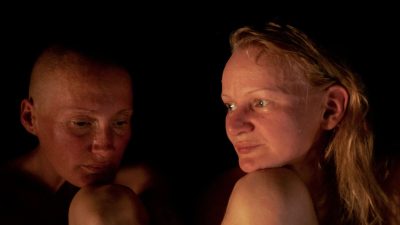
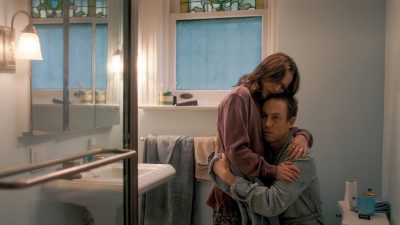

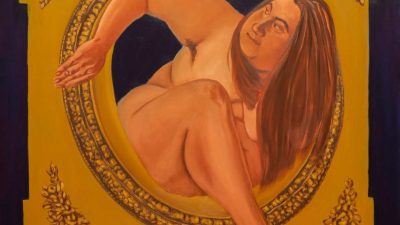
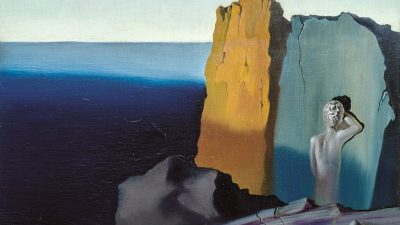



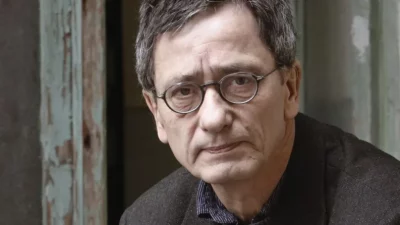




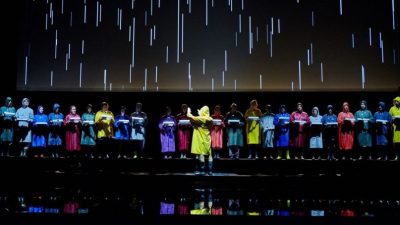





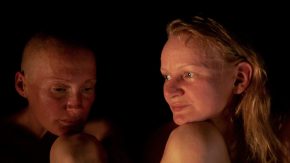


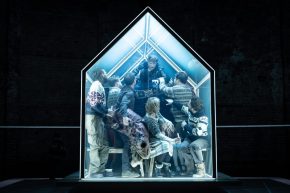


Comments